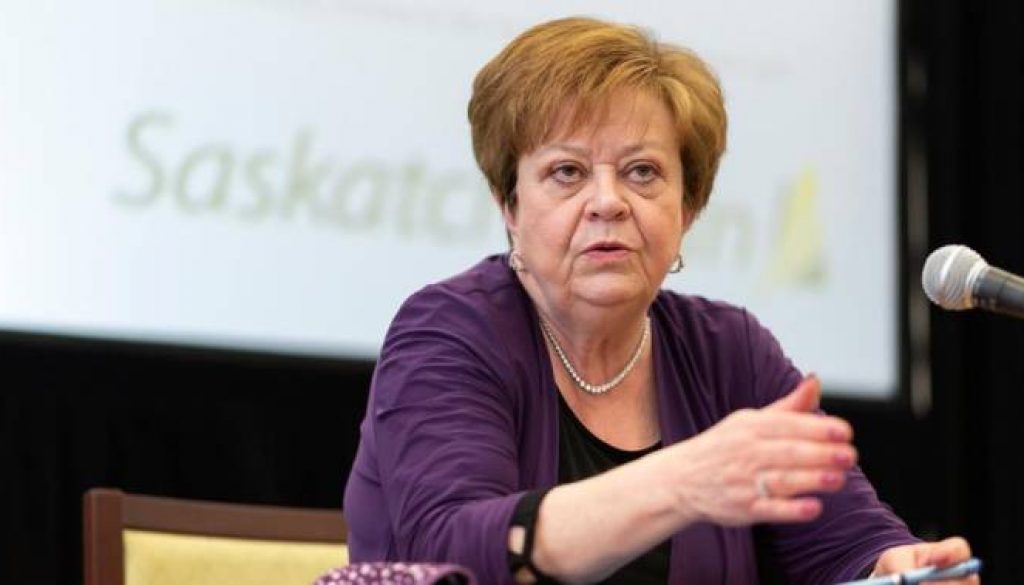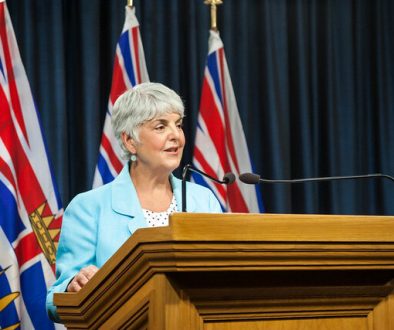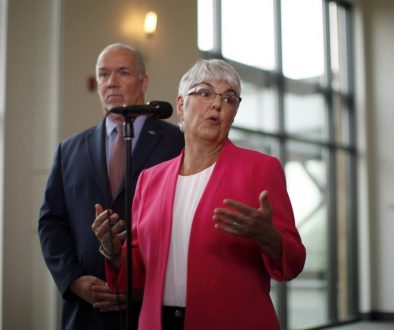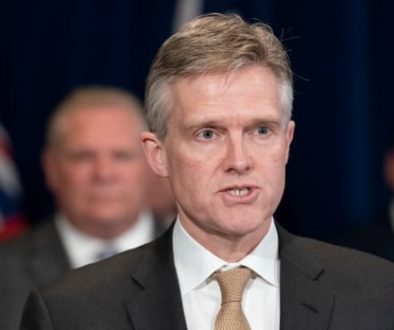Saskatchewan bracing for deficit that will take years to recover from: finance minister | Globalnews.ca
Earlier this year, Saskatchewan was anticipating a balanced budget. With the coronavirus pandemic having an effect on the world’s economy, however, the province is now bracing for a deficit.
Finance Minister Donna Harpauer says the government is expecting a decline in corporate taxes, personal income tax, PST and oil.
“We’re also concerned about any of our trade dependent industries,” Harpauer said.
“Not that they won’t have products, but with the global marketplace being shut down, we’re a trade-dependent province, and we’re not sure how successful trade will be in this province until boarders are lifted.”
The province isn’t ready to release their projections on how much the deficit will be, but Harpauer promised the number will come in a day or two along with the 2020-21 revenue estimates.
On Tuesday, Moody’s Investors Service projected the province will record moderate deficits of three to 10 per cent of revenues in 2020-21 and 2021-22.

More specifically, Moody’s estimates an 8.1 per cent deficit of revenue for 2021. However, without the 2020-21 revenue estimates, it’s unclear how much of an impact 8.1 per cent will be.
The deficit is being attributed to the decline in oil prices, and the coronavirus pandemic which has resulted in higher spending in both health care and social transfer. For example, additional support for small businesses has cost the province $50 million.
Harpauer says it could take years to recover from this year’s deficit, as the province will have to come up with a plan to go back to a balanced budget.
This could mean no new funding in health care, education and social transfers.
“I think that we’re not going to review slashing and burning of programs, we just have to be very mindful and diligent on our spending,” Harpauer said.
“But we’ll be able to get our way out of the deficit position as we move forward.”
Earlier this week, Moody’s maintained Saskatchewan’s Aaa credit rating, citing the province’s $1.3 billion cash surplus and its fiscal position following several years of economic growth.
“That credit rating is very important. It also builds investor confidence in the province.”
Despite a loss in revenue, the province does not expect to cut any money from its $14-billion spending plan for 2020-21 that was submitted to the legislature on March 18.
“We are well-positioned to manage through this challenging time as we provide the additional resources and supports that are needed to address the health and economic challenges of the current pandemic,” Harpauer said.
“Moving forward, our government’s priorities will continue to be the safety, health, and economic well-being of Saskatchewan people.”
Questions about COVID-19? Here are some things you need to know:
Health officials caution against all international travel. All international travellers returning to Saskatchewan are required to self-isolate for 14 days in case they develop symptoms and to prevent spreading the virus to others.
Symptoms can include fever, cough and difficulty breathing — very similar to a cold or flu. Some people can develop a more severe illness. People most at risk of this include older adults and people with severe chronic medical conditions like heart, lung or kidney disease. If you develop symptoms, contact public health authorities.
To prevent the virus from spreading, experts recommend frequent handwashing and coughing into your sleeve. They also recommend minimizing contact with others, staying home as much as possible and maintaining a distance of two metres from other people if you go out.
For full COVID-19 coverage from Global News, click here.
This content was originally published here.




